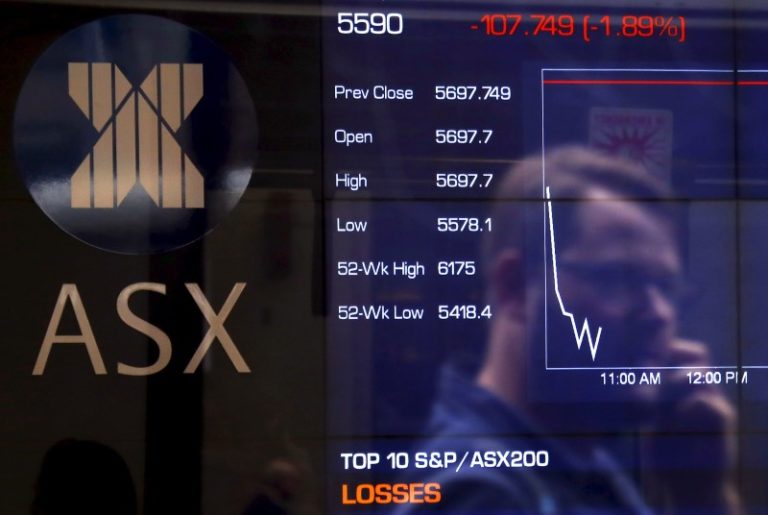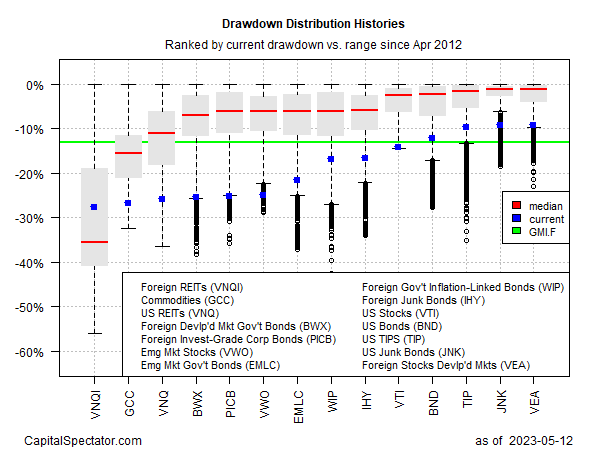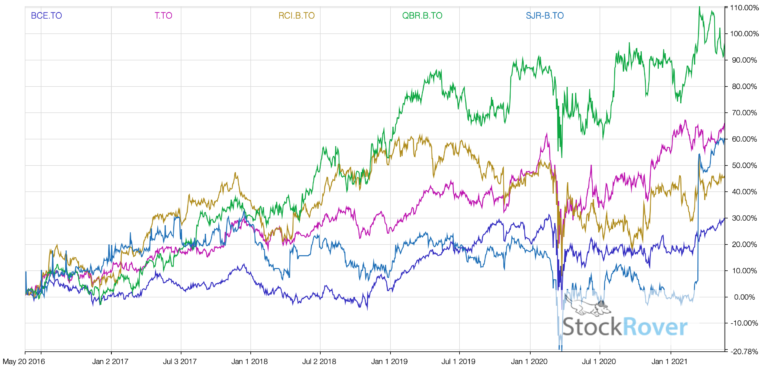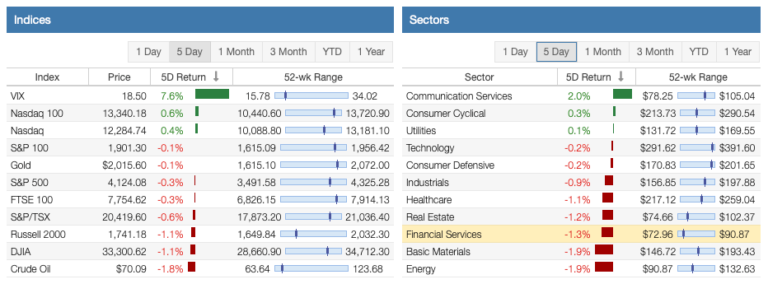ClearBridge Mid Cap Growth Strategy Portfolio Manager Commentary Q2 2022
PM Images
Market Overview
Equity markets saw widespread declines during the second quarter as slowing economic growth, combined with aggressive interest rate rises to combat surges in inflation, weighed on equity valuations. The S&P 500 Index declined 16.10%, contributing to a 19.96% decline for the first half of 2022, the worst market start to the year since 1970.
With limited visibility into near-term market performance, investors continued to favor value over growth stocks, with the Russell Midcap Value Index returning -14.68%, outperforming the benchmark Russell Midcap Growth Index by over 600 basis points for the quarter and by over 1,400 basis points year to date.
Disruptions in global supply chains stemming from COVID-19 lockdowns in China, the Russian invasion of Ukraine, a tight labor market, and depressed supplies of global commodities contributed to persistent increases in inflation during the first half. In response, the Fed turned more hawkish, raising interest rates by 50 basis points in May and 75 basis points in June – the most aggressive single hike since 1994.
These increases resulted in significant compression of equity multiples across the market, sparking fears of a recession. The uncertainty over the pace and number of rate rises also pushed the 10-year yield above 3.00% for the first time since 2018.
This increase in interest rates weighed most heavily on higher-multiple small cap growth companies, whose earnings are discounted well into the future. The limited appetite for faster-growing early-stage companies practically eliminated the initial public offering market, with IPO proceeds down approximately 95% from 2021’s excessive supply as innovation remained out of vogue against a backdrop of economic stress and portfolio derisking. Growth has trailed value across the market over the trailing three and six months, with the dispersion between investment styles among the widest in the history of the Russell indexes.
Against this tumultuous backdrop, the ClearBridge Mid Cap Growth Strategy underperformed its benchmark during the second quarter, as even the highest-quality companies with the most adept management teams struggled to overcome this cavalcade of headwinds. Concerns over companies’ abilities to sustain their growth rates and margins against the looming prospect of a recession permeated nearly every sector of the market and weighed on investor sentiment, favoring price-taking companies with undifferentiated products in sectors such as energy and consumer staples.
From a sector standpoint, consumer staples (-3.00%) was the best performer in the benchmark, followed by energy (-4.45%) and utilities (-5.34%). The materials (-13.60%), financials (-17.32%), health care (-17.72%), and industrials (-18.63%) sectors lagged, but still outperformed the broader Russell Midcap Growth Index. Communication services (-28.31%) was the worst-performing sector in the benchmark, followed by information technology (IT, -25.31%), consumer discretionary (-24.34%) and real estate (-20.69%).
“With the highest growth sectors subjected to some of the worst multiple compression, our broad mandate across sectors allayed some of the pain.”
With the market’s highest growth sectors subjected to some of the worst multiple compression, the Strategy’s broad mandate across sectors allayed some of the pain. During the second quarter, this was illustrated by positive contributions among our holdings in real estate. Americold Realty Trust (COLD), a leader in the temperature-controlled supply chain industry, benefited from strong first quarter revenue and earnings that exceeded market expectations, stabilization in cold storage inventories and easing of labor costs.
Another strong contribution in real estate came from SBA Communications (SBAC), an independent owner and operator of wireless communications towers in North and Central America, as investors grew fearful of an impending recession and positioned portfolios in relatively economically insulated companies such as towers.
While IT is traditionally considered the bastion of growth opportunities and continues to remain our largest absolute weighting in the portfolio, only three of the portfolio’s top 10 performers this quarter were in IT, with select names in the cyclical industrials and defensive health care sectors among the leading contributors. These included new addition Advanced Drainage Systems (WMS) in the industrials sector and Catalent (CTLT) in the health care sector.
Advanced Drainage Systems manufactures and markets thermoplastic pipes, water management products and drainage solutions for use in construction and infrastructure. We believe Advanced Drainage Systems will benefit from a progression within the construction industry away from concrete toward recycled plastic; it also has a deep competitive moat as the only plastic player of scale.
The Strategy’s consumer discretionary holdings weighed on performance as inflation eroded consumer purchasing power and companies faced difficult comparisons with 2021 earnings, which were helped by government stimulus. Our sector exposure is focused on high-quality share-takers such as online used car retailer Carvana (CVNA). After being one of the portfolio’s top performers over the last few years, the company has struggled of late due to low used car inventory levels and investor concern about the company’s ability to fund future growth.
However, we see Carvana as a consistent earnings compounder that continues to steadily gain share. We took advantage of derating in the stock price to add to our position. Expedia (EXPE), an online travel company, also suffered during the quarter, as inflation has weighed on the purchasing power of consumers and is likely to extend to the travel sector as recessionary fears grow. However, we continue to find Expedia to be a compelling long-term opportunity as the company’s self-help initiatives are likely to drive margins to new highs.
With the market pullback having reduced some stock prices by as much as much as 40%–50% over the quarter, we carefully consider many fundamental factors before taking action. During periods of price volatility, we revisit each holding to review our investment thesis and determine if it is still intact. If current conditions have materially impaired the company’s long-term growth opportunities, we exit the position. We found this to be the case for our holding Pinterest, where difficult user growth comparisons combined with declining advertiser return on investment.
However, if we determine that our thesis remains intact, we maintain our conviction in light of short-term pain. For example, we added to AppLovin (APP), a mobile advertising technology platform whose share price suffered from fears that an economic slowdown would impact advertising spending. However, we view AppLovin as well-positioned to use innovative machine learning technology to capture market share and grow through any broader economic slowdown.
Portfolio Positioning
Against the backdrop of ongoing volatility and tightening liquidity, we continuously probe our existing positions for balance sheet strength and the ability to maintain investment in the business during leaner economic times. We maintain a robust pipeline of potential portfolio candidates and add to existing holdings where conviction is high.
We initiated a position in EQT (EQT), the largest natural gas producer in the U.S., which possesses high-quality acreage within the Marcellus Shale basin. EQT has benefited from tight supply and demand dynamics as cleaner-burning natural gas takes global share from coal and exports to Europe and Asia provide an avenue of demand growth. Longer-term contracts enhance EQT’s earnings visibility as Europe eliminates its dependence on Russian gas.
We took advantage of short-term earnings weakness to add to our existing holding in Doximity (DOCS), a professional network platform for doctors and physician assistants in the U.S. While the current risk-off sentiment in the market may make innovation out of vogue for the near term, Doximity is poised to benefit from its unique ability to target specific subsets of doctors for health care digital advertising campaigns, which we believe are underpenetrated markets relative to other sectors and deliver extremely high returns on investment.
We exited our position in Chewy (CHWY), in the consumer discretionary sector. While we continue to have a favorable opinion of the online pet products retailer, we decided to consolidate our exposure to the pet industry within our existing holding Petco Health & Wellness (WOOF), which is transforming its stores into omnichannel locations offering services such as grooming, short-term pet boarding and veterinary clinics in addition to traditional retail products such as pet toys and food. We used the proceeds from the sale to add to positions we believe offer greater upside potential.
Outlook
Calendar 2022 is half over and it had one of the poorest starts on record, with significant risk having been wrung out of financial markets, evidenced by major value destruction in speculative assets such as crypto, meme stocks, de-SPACs, etc. The negatives are well-known. On the positive side, valuations are much more reasonable than at any time in the past 24 months, there is a mountain of capital to be deployed by private equity sponsors and SPACs, U.S. wholesale financial institutions have much more robust capital cushions than in 2008/2009, and investor sentiment seems massively bearish.
The rapid succession of macro events impacting the market has made it incredibly challenging to provide visibility into the foreseeable future, as the pace and magnitude of events such as a lingering global pandemic, historically high inflation and the growing potential of a recession continue to fuel elevated levels of uncertainty.
However, if there can be any optimism about the current condition of equity markets, it is that this derating of valuations and expectations offers an opportunity for fundamental investing to return to the forefront. As the sharp downward swing in investor sentiment stabilizes, it should favor high-quality companies with strong fundamentals and exceptional management teams, which should retain their long-term earnings opportunities through any future turbulence.
Portfolio Highlights
The ClearBridge Mid Cap Growth Strategy underperformed the Russell Midcap Growth Index during the second quarter. On an absolute basis, the Strategy had losses across all 10 sectors in which it was invested during the quarter (out of 11 sectors total). The leading detractors were the IT and consumer discretionary sectors, while the real estate sector was the smallest detractor.
On a relative basis, overall stock selection detracted from performance, but was slightly offset by a positive contribution from sector allocation. Specifically, stock selection in the consumer discretionary, IT, industrials and materials sectors and an underweight to the energy sector weighed on returns. Conversely, stock selection in the real estate sector and the portfolio’s cash position contributed to returns.
On an individual stock basis, the biggest contributors to absolute returns in the quarter were Black Knight (BKI), Americold Realty Trust, Advanced Drainage Systems, Bumble (BMBL) and Catalent. The largest detractors from absolute returns were Marvell Technology (MRVL), Expedia, Carvana, Datadog (DDOG) and HubSpot (HUBS).
In addition to the transactions listed above, we initiated new positions in Trex (TREX) in the industrials sector and MongoDB (MDB) in the IT sector. We also exited positions in Azek (AZEK) in the industrials sector and Wix.com (wix) and Coupa Software (COUP) in the IT sector.
Editor’s Note: The summary bullets for this article were chosen by Seeking Alpha editors.
Published at Sun, 31 Jul 2022 02:59:00 -0700




